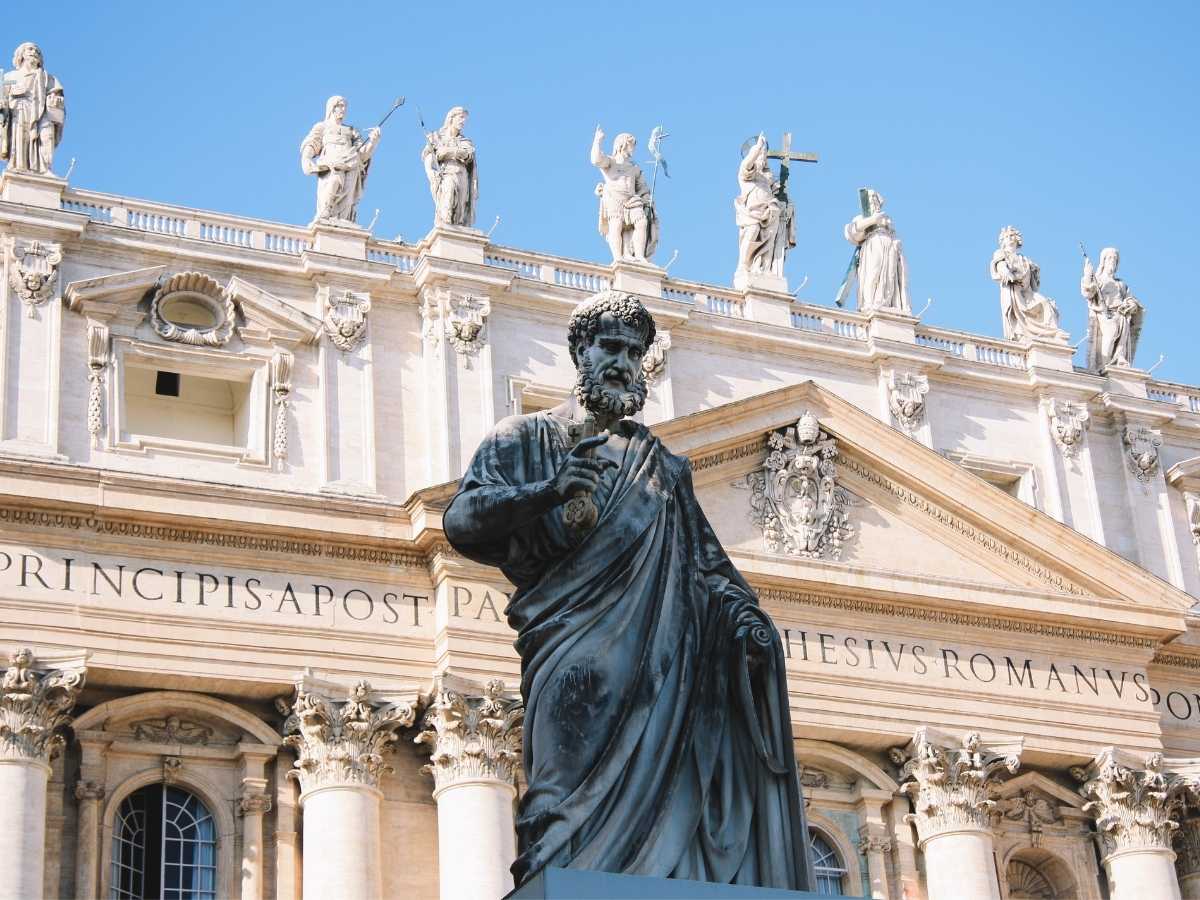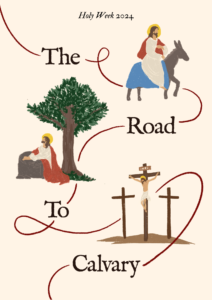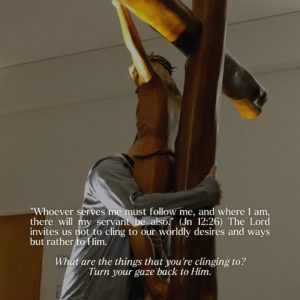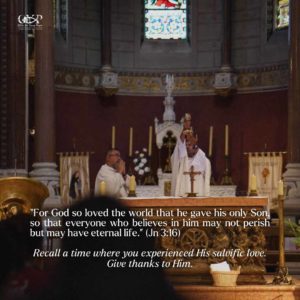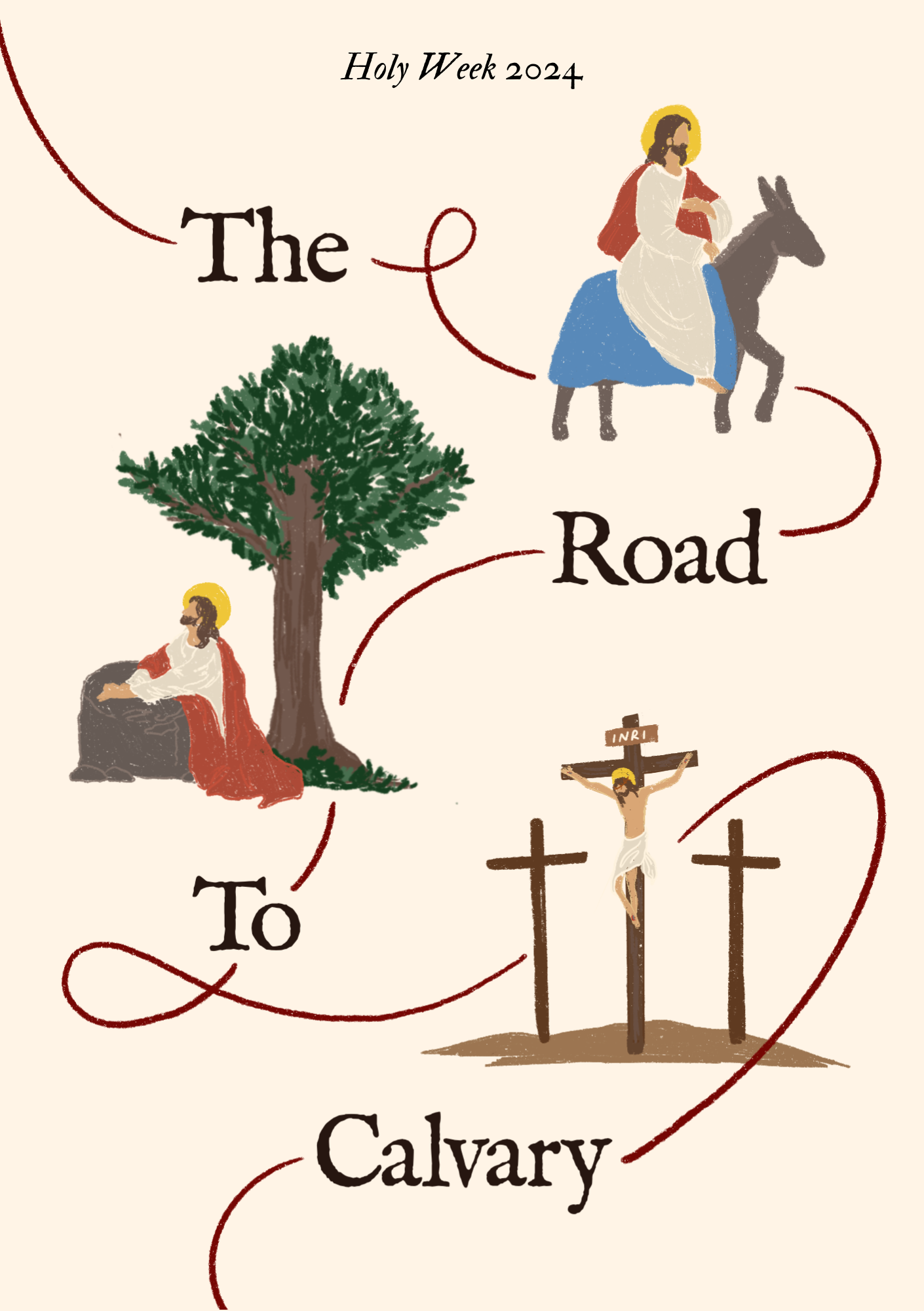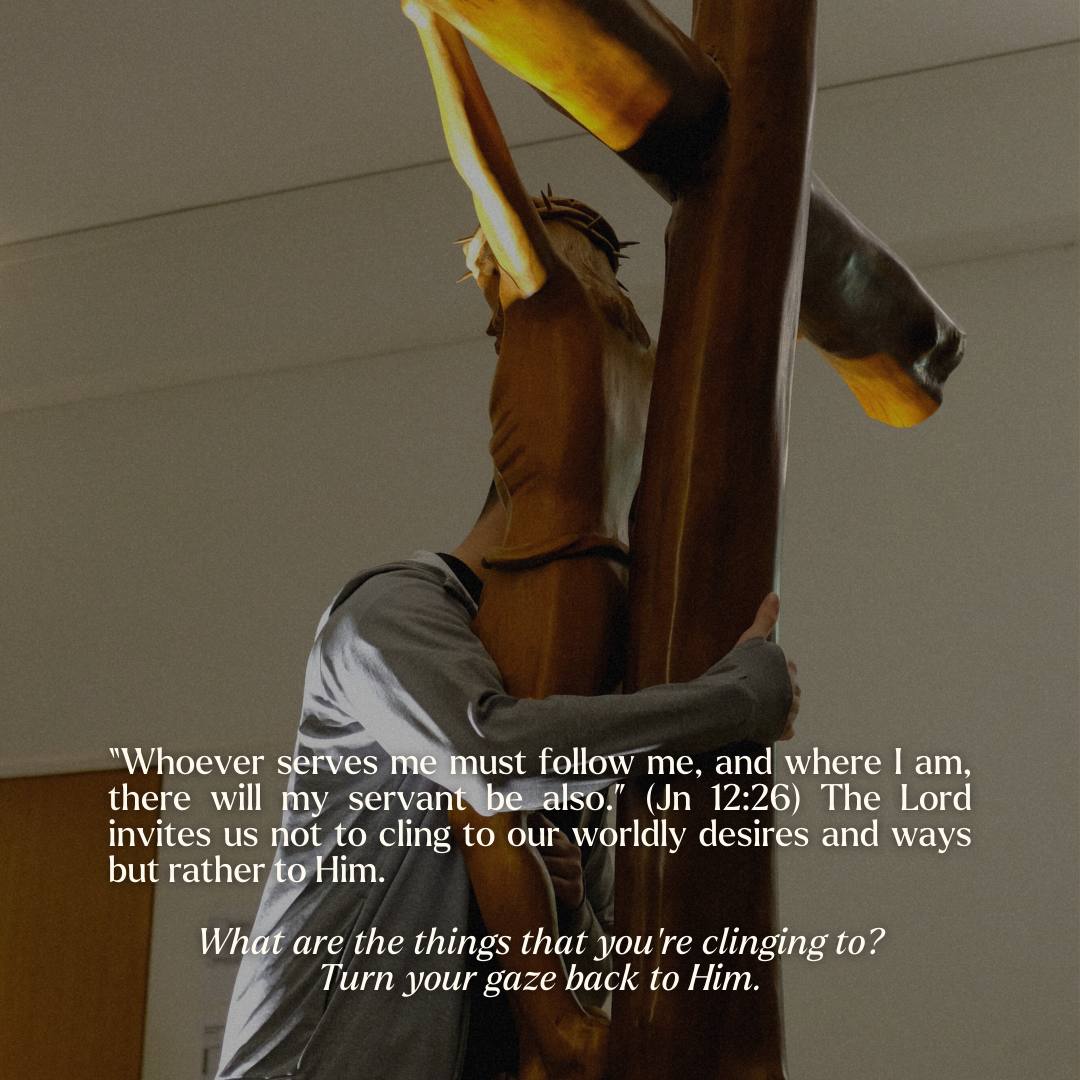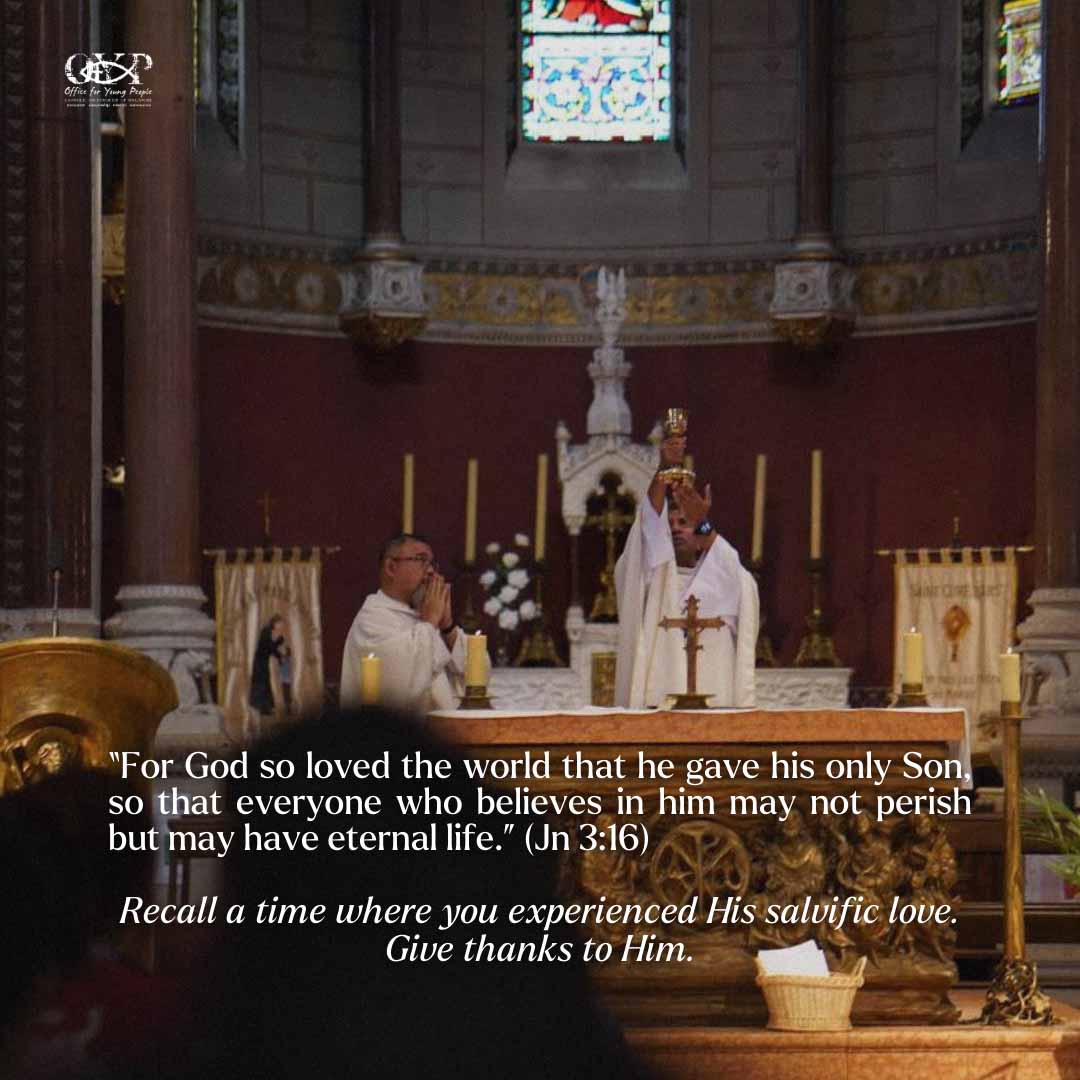By Joshua Wong
“You are Peter, and on this rock I will build my church, and the powers of death shall not prevail against it. I will give you the keys of the kingdom of heaven, and whatever you bind on earth shall be bound in heaven, and whatever you loose on earth shall be loosed in heaven.” (Mt 16:18-19)
With these words, Jesus instituted the Magisterium, or the teaching authority, of the Church. Deriving from the Latin word magister, which means the role and authority of a teacher, the use of the word now extends to the teaching office of bishops. Dei Verbum, a Church document on the Word of God, states that the role of the office of bishops is in “teaching only what has been handed on, listening to it [the Word of God] devoutly, guarding it scrupulously and explaining it faithfully in accord with a divine commission and with the help of the Holy Spirit”.
The role of the Bishop is in teaching only what has been handed on, listening to it [the Word of God] devoutly, guarding it scrupulously and explaining it faithfully in accord with a divine commission and with the help of the Holy Spirit
We can trace back the authority of the magisterium in light of apostolic succession. The Catechism of the Catholic Church highlights that “in order that the full and living Gospel might always be preserved in the Church the apostles left bishops as their successors. They gave them their own position of teaching authority” (CCC 77). As such, we can trace the lineage of the successors through the laying of hands, from Jesus all the way down to the Archbishop of Singapore, acknowledging how the same mission of proclaiming the Good News to all, and the authority that comes with that mission, is passed down throughout history. As these bishops have succeeded to the place of the apostles, they too have the authority to teach the doctrine of the Apostles, refute objections to and distortions of the faith, and promote new and deeper comprehension, clarification, and application of revealed doctrine.
As the Apostle Peter was instituted by Jesus as the rock on which the Church would be built, we are able to trace his succession down from him as the first Pope to Pope Francis, the 266th Pope. While Jesus passed on his authority to all his Apostles, it is to Peter that he conferred a special authority as the leader of the Church. This primacy of the office of St Peter is not one that allows whoever holds the office to make personal claims or changes, but one who safeguards and tends to the whole Catholic church. As such, while the Pope has authority, the infallible authority he has is only in matters of faith and morals. At the same time, we are invited to be obedient in recognition of his office that was handed to him.
The hierarchy in the Church is not meant to be a structure of power that determines who receives greater benefits, but an organisation that allows unity, a holy ordering of sorts, so that the Church can be united in her focus on Jesus. Without any form of order, we would be left to interpret scripture in the way we wish to, or to follow a particular selection of church teachings that we would like to, and we would have a collection of people that would have their focus in different areas and not necessarily on Jesus. From understanding that the same Apostles who walked with Jesus and lived with him chose others to also continue the mission of the Church, we can understand how authority is passed on in the Church, and especially St Peter’s, that the authority we are under is not only from the person who holds the office, but ultimately the authority of Jesus.

